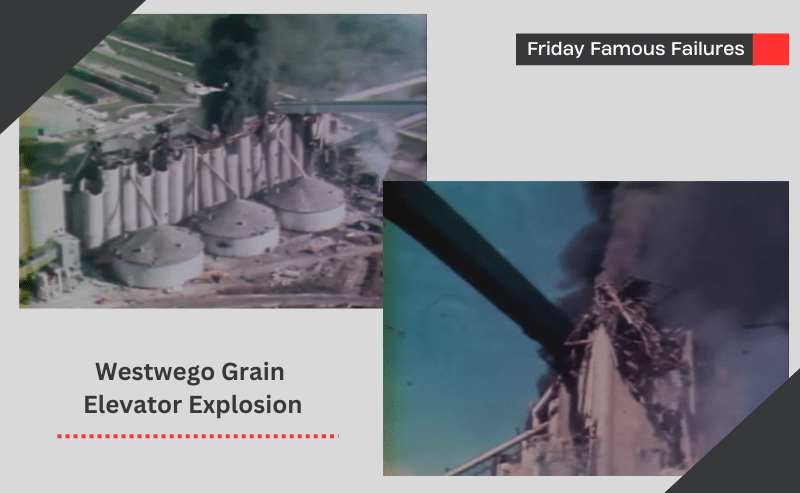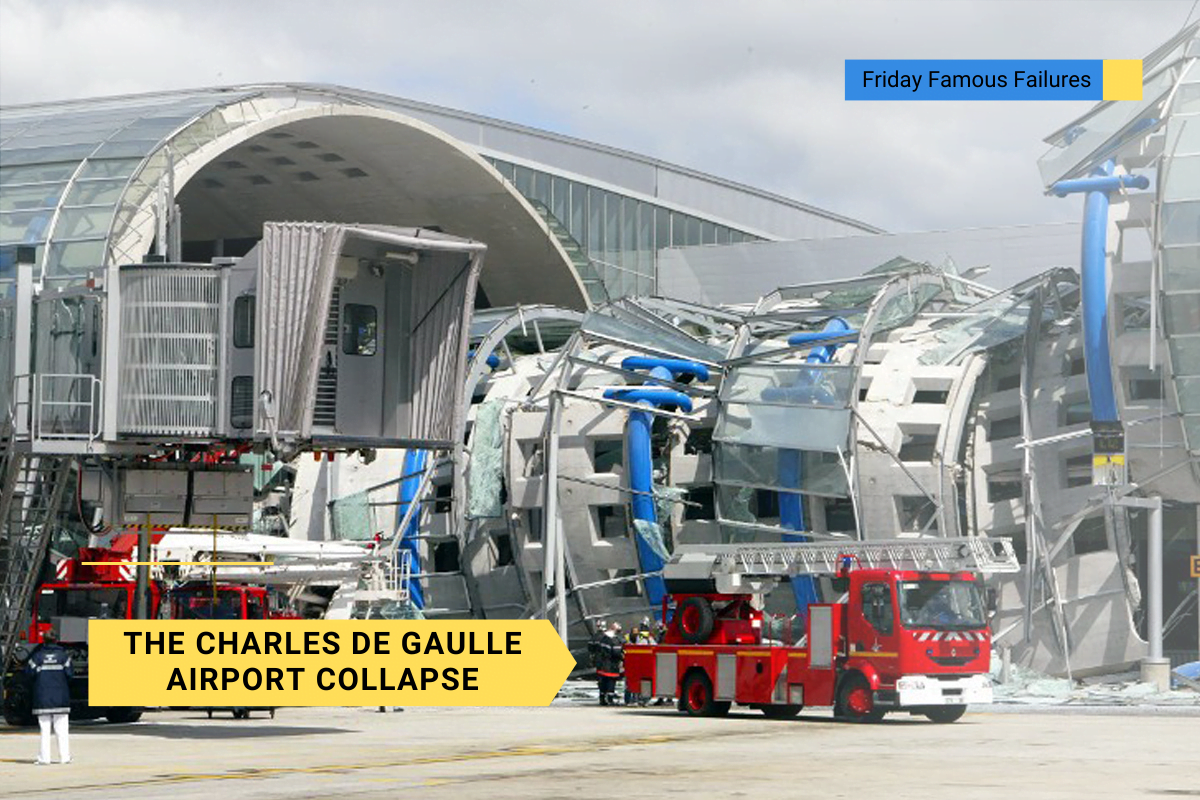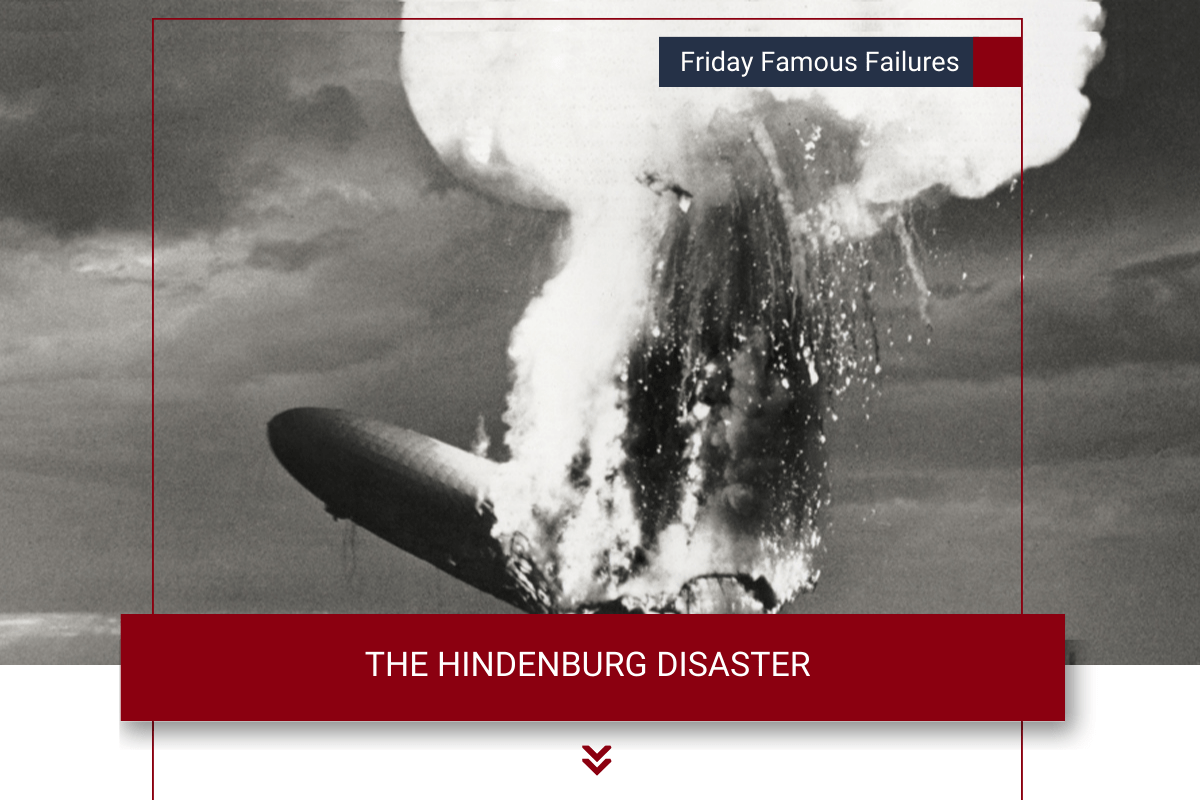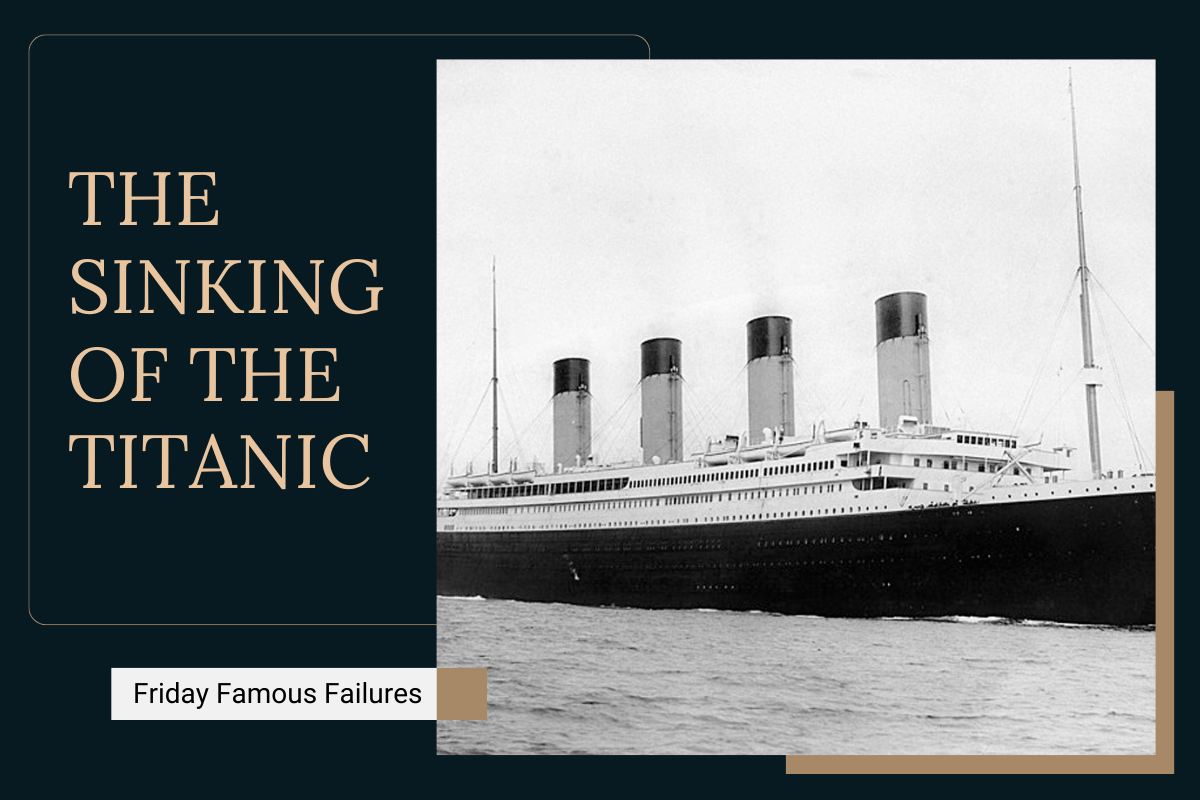This post was updated August 28, 2023 correcting the date of the event from June 28, 1973 to December 22, 1977.
On the morning of December 22, 1977, the small town of Westwego, Louisiana was rocked by a massive explosion that left 36 people dead and over 70 injured. The cause of this tragedy was a grain-dust explosion at the Continental Grain Company facility, which was one of the largest grain elevators in the country at the time.
Grain-dust explosions are a common and deadly occurrence in the grain industry, caused by the ignition of fine, dry particles of grain dust. These explosions can be triggered by a variety of sources, including electrical sparks, open flames, or even hot machinery. Once ignited, the explosion can spread rapidly through the dust-filled air, causing devastating damage to buildings, equipment, and people.
The Westwego explosion was one of the deadliest grain-dust explosions in history, and it had a profound impact on the industry and the community. In the aftermath of the disaster, investigators worked tirelessly to determine the cause of the explosion and to prevent similar tragedies from occurring in the future.
The Continental Grain Company facility in Westwego was a massive complex that included several grain elevators, a barge-loading terminal, and a processing plant. On the morning of the explosion, workers were busy loading a barge with soybeans when the blast occurred. Witnesses reported hearing a loud boom and seeing a massive fireball erupt from one of the grain elevators.
The explosion was so powerful that it blew the tops off several of the elevator silos, sending debris and flames shooting hundreds of feet into the air. The force of the blast shattered windows in nearby homes and businesses, and the shockwave was felt for miles around.
Emergency responders rushed to the scene, but their efforts were hampered by the intense heat and flames. It took several hours to bring the fire under control, and many of the victims were trapped in the burning rubble of the grain elevators.
The exact cause of the explosion was never determined with certainty, but investigators believe that it was likely sparked by an electrical short circuit in one of the conveyor belts that carried the grain through the facility. The conveyor belt system was outdated and poorly maintained, and there were several other potential ignition sources in the facility, including welding equipment and electrical motors.
The Occupational Safety and Health Administration (OSHA) conducted a thorough investigation of the Continental Grain Company facility and found numerous safety violations. The company was fined over $500,000 for these violations.
In the wake of the disaster, there was a renewed focus on safety in the grain industry. The Occupational Safety and Health Administration (OSHA) created new regulations that required grain elevators to implement safety measures such as regular cleaning, proper ventilation, and the installation of spark detection systems.
The disaster also led to the development of new technologies and equipment designed to prevent grain dust explosions. For example, many elevators now use explosion-proof electrical equipment, and some have implemented explosion suppression and isolation systems to prevent explosions from spreading.
The tragedy also had a profound impact on the community of Westwego. The town was small and tight-knit, and many of the victims were local residents who worked at the grain elevator. The loss of so many lives was a devastating blow, and the town rallied together to support the families of the victims and to rebuild in the aftermath of the explosion.
Today, the Continental Grain Company facility in Westwego no longer exists, but the memory of the 1977 explosion lives on. It serves as a tragic reminder of the dangers of working in the grain industry and the importance of safety regulations and proper maintenance. While much progress has been made in improving safety in the decades since the Westwego explosion, there is still much work to be done to ensure that such tragedies never happen again.









Doing a lot of work in Wastewater Treatment Plants and Pumping Stations and seeing Electrical Equipment required to be NEMA 7 (Explosionproof) rating my first thought was a spark triggering an explosion. Fortunately today when the proper electrical devices are specified and installed, detection systems are installed, and proper ventilation is installed these events are rare. However when working in an industrial environment it is critical that you know the environment you are working in and the hazards associated with them.
Need to change the date or year in the last paragraph to match the first paragraph. I was not aware of this disaster. It greatly improved the safety standards in the industry.
Thanks. It appears we corrected the first paragraph, but neglected to do the one at the end. We appreciate your feedback.